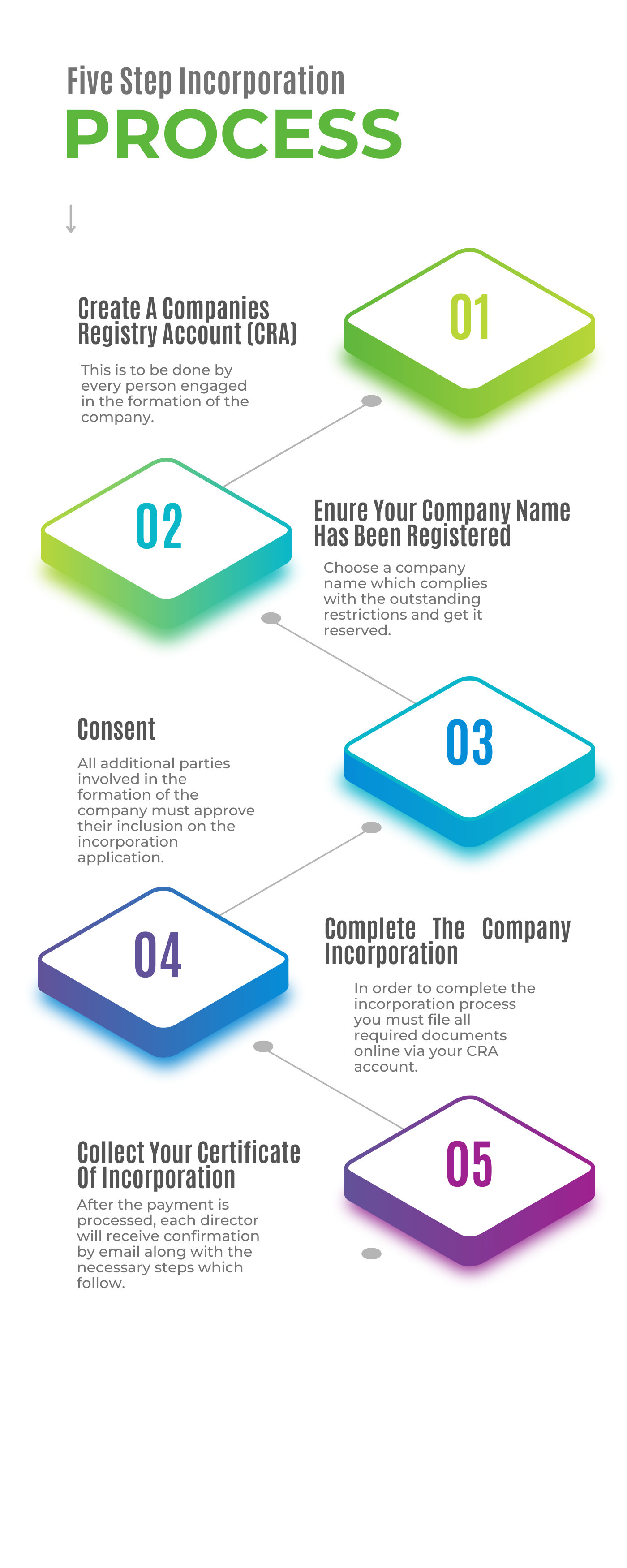In this section, we’ll walk you through the essential steps and considerations involved in formalizing your business entity. From choosing the appropriate legal structure to navigating registration processes and compliance requirements, we’ll provide actionable insights and practical guidance to streamline the registration process. Whether you’re a budding entrepreneur or an established business owner looking to expand your operations, understanding the intricacies of business registration is crucial for establishing credibility, protecting your assets, and ensuring legal compliance. Join us as we demystify the registration process and empower you to take the necessary steps to turn your entrepreneurial vision into a registered and legally compliant reality.
Why Should I Be Registered?
Registering your business is a critical step in establishing its legitimacy, protecting your assets, and unlocking opportunities for growth and expansion. By formalizing your business entity, you gain credibility and trust among customers, suppliers, and investors, enhancing your brand’s reputation and marketability. Registration also provides legal protection as it is a requirement by the Government of Trinidad of Tobago, thus shielding you from personal liability in the event of lawsuits or financial responsibilities. Additionally, registered businesses may access a myriad of benefits, including eligibility for government contracts, tax incentives (i.e. You can declare tax deductible business expenses), and access to financing options. If unregistered, you will have to avoid being noticed by the government and you will not be able to conduct business with other legitimate businesses. Someone will also be able to register under the name you have chosen for your business as it wouldn’t be reserved. Moreover, registration lays the groundwork for regulatory compliance, ensuring that your business operates within the bounds of the law and mitigates the risk of penalties or legal consequences. In essence, registering your business is not just a legal requirement—it’s a strategic investment in the long-term success and sustainability of your venture.
